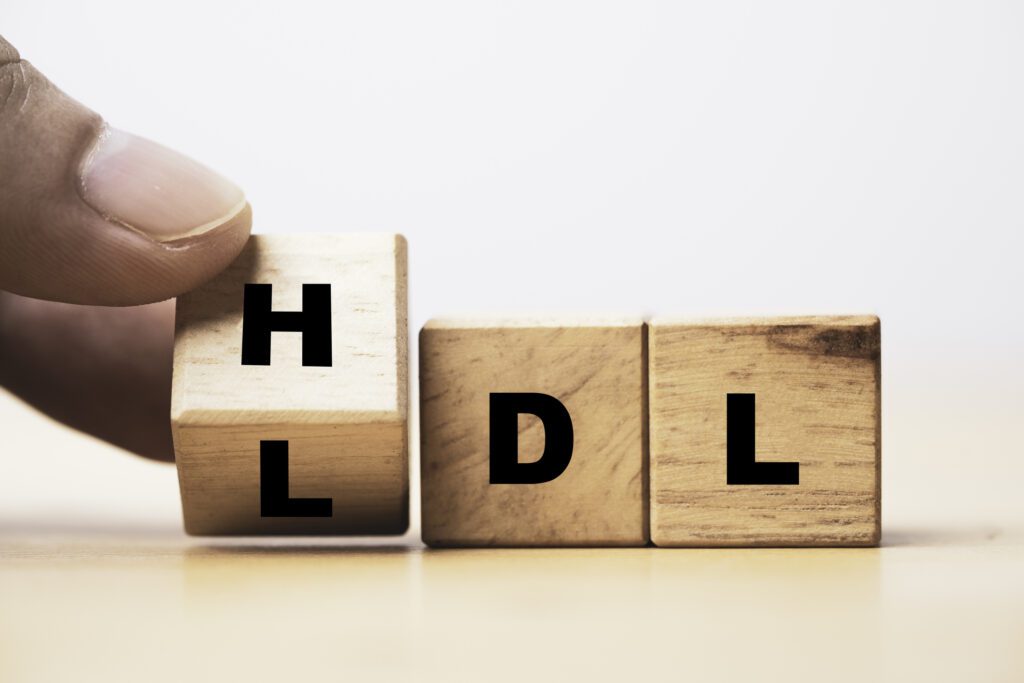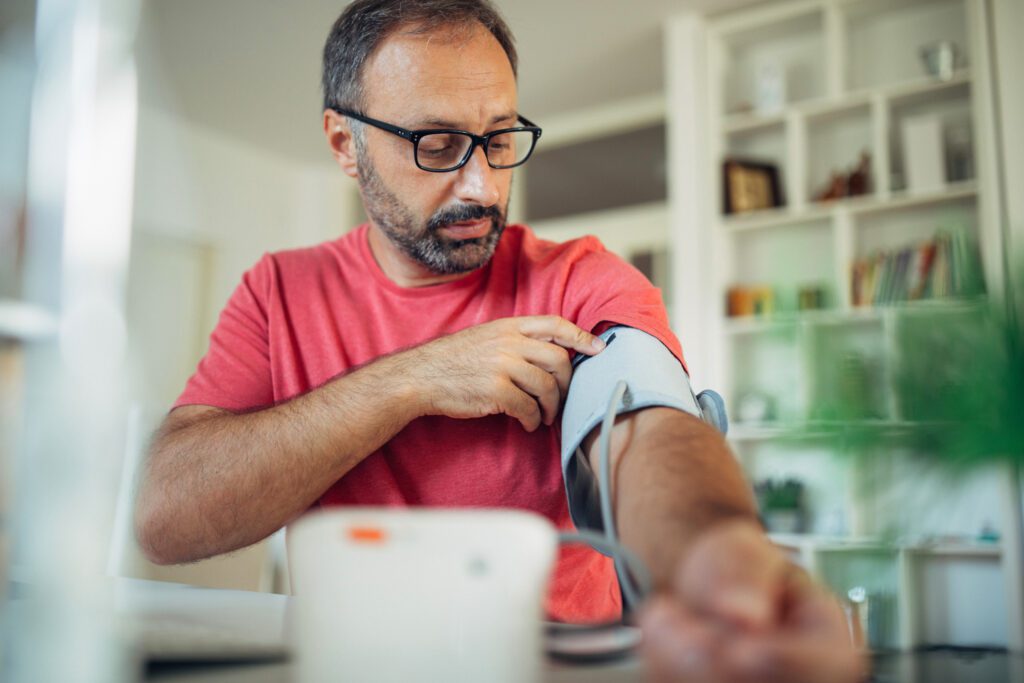
By choosing heart-healthy foods, you can help reduce the amount of “bad” cholesterol (LDL) in your blood and increase the amount of “good” cholesterol (HDL). Adopting a heart-healthy diet means knowing which foods to eat more of and which foods to avoid. It means steaming, broiling, or grilling instead of frying. It also means controlling your portion size, choosing nutrient-rich foods, and limiting fats and alcohol.
- Eat whole-grain foods like oatmeal, whole-grain cereals, brown rice, whole-grain pasta, and whole-grain breads.
Avoid refined carbohydrates such as muffins, doughnuts, biscuits, cake, and chips. - Eat high-fiber fruits and vegetables like fresh and frozen fruits and vegetables, low-salt canned vegetables, and canned fruit packed in juice or water.
Avoid coconut, vegetables with cream sauces, breaded vegetables, and canned fruit packed in heavy syrup. - Eat no-salt or reduced-salt (sodium) foods like herbs and spices, salt substitutes, reduced-salt canned soups and prepared meals, reduced-salt ketchup, and low-sodium soy sauce.
Avoid table salt, regular soy sauce, high-sodium canned soups, and frozen dinners. - Eat unsaturated fats like olive, canola, and soybean oils; trans-fat-free margarine or cholesterol-free spreads; and seeds and nuts (such as almonds and walnuts).
Avoid trans fats, butter, bacon, cream sauces, gravies, nondairy creamers, cocoa butter, coconut oil, hydrogenated margarine and shortening (which contain trans fats), and cookies or crackers that contain partially hydrogenated fats. - Eat low-fat protein like skim or 1% milk and other fat-free or low-fat dairy products, egg whites, soybean products, lean meat, skinless chicken breasts, salmon, tuna, beans, lentils, and peas.
Avoid full-fat dairy products, egg yolks, liver, spareribs, cold cuts, frankfurters, sausage, fried/breaded/canned meats, and marbled meats.
Planning Heart-Healthy Meals
Planning your meals ahead of time can help you maintain a healthy diet. Add heart-healthy foods to your shopping list so you have them on hand. Maintain healthy eating habits even when you’re away from home. Talk with your health care provider or a registered dietitian if you’re not sure whether something is good or bad for your heart.










